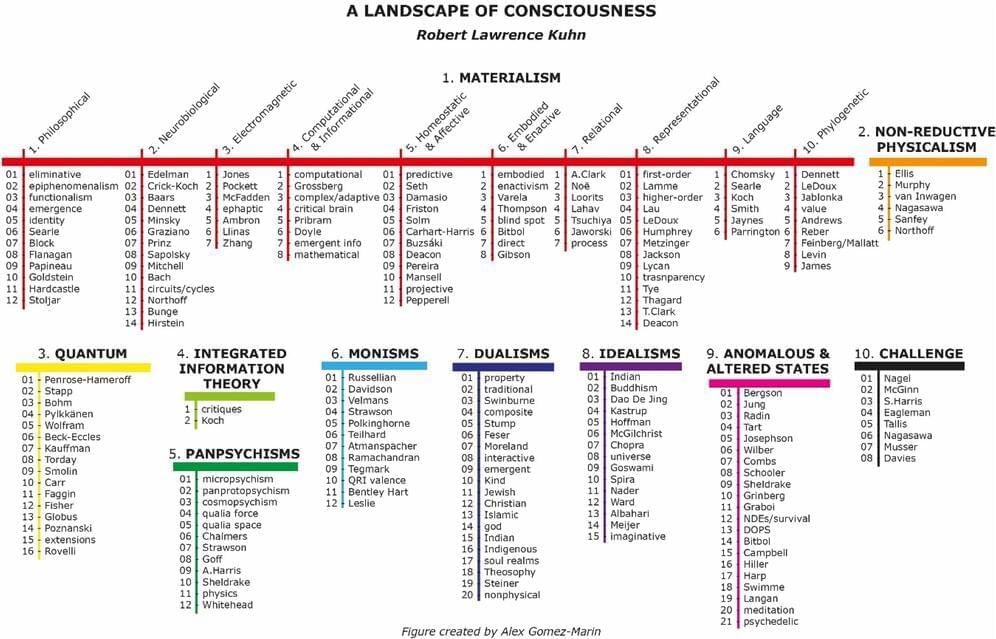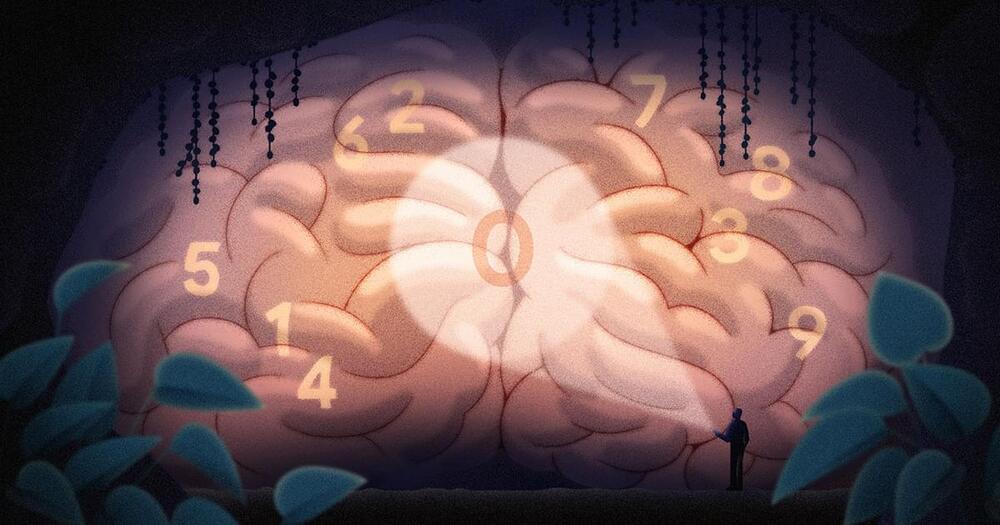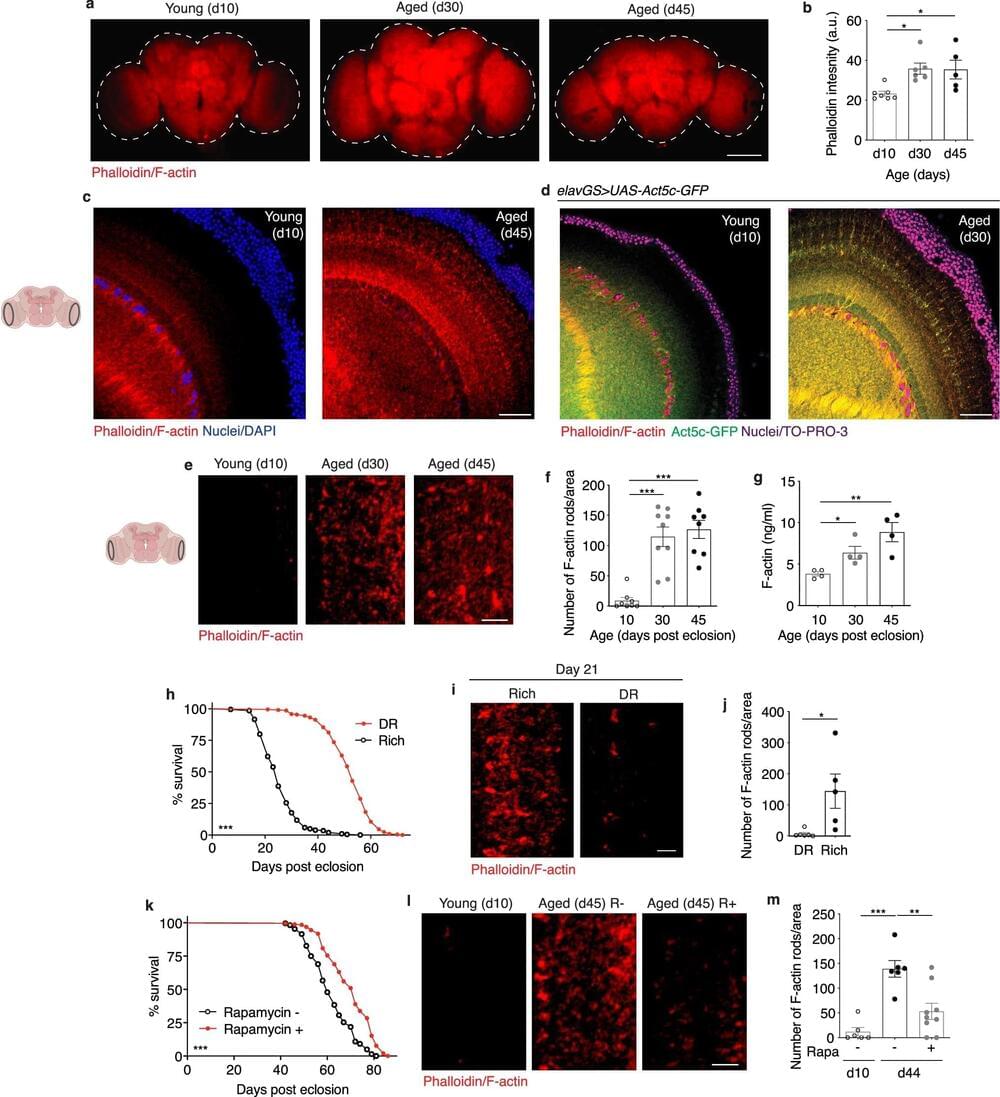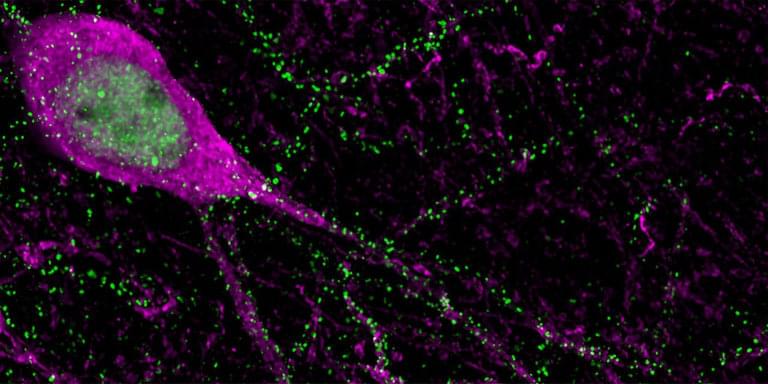“Out of meat, how do you get thought? That’s the grandest question.” So said philosopher Patricia Churchland to Robert Lawrence Kuhn, the producer and host of the acclaimed PBS program, Closer to Truth.



In the middle of the night, the world can sometimes feel like a dark place. Under the cover of darkness, negative thoughts have a way of drifting through your mind, and as you lie awake, staring at the ceiling, you might start craving guilty pleasures, like a cigarette or a carb-heavy meal.
Plenty of evidence suggests the human mind functions differently if it is awake at nighttime. Past midnight, negative emotions tend to draw our attention more than positive ones, dangerous ideas grow in appeal and inhibitions fall away.
Some researchers think the human circadian rhythm is heavily involved in these critical changes in function, as they outline in a 2022 paper summarizing the evidence of how brain systems function differently after dark.
Here’s Malur Narayan of Latimer AI sharing about removing bias, and setting a standard for identifying and measuring it in artificial intelligence systems, and LLM’s.
Malur is a tech leader in AI / ML, mobile, quantum, and is an advocate of tech for good, and responsible AI.
Meet the rising stars,…
Malur Narayan is a tech leader in AI/ML, Mobile, Quantum and Tech for Good. He focuses on three different principals: Equity, Sustainability, and Mental Health. Malur is a board member, eternal optimist and a forever student.
Connect with Malur on LinkedIn: / malur.


Recently, two independent research groups have shown that the brain codes for zero much as it does for other numbers, on a mental number line. But, one of the studies found, zero also holds a special status in the brain.
In recent years, research started to uncover how the human brain represents numbers, but no one examined how it handles zero. Now two independent studies, led by Nieder and Barnett, respectively, have shown that the brain codes for zero much as it does for other numbers, on a mental number line. But, one of the studies found, zero also holds a special status in the brain.
“The fact that [zero] represents nothing is a contradiction in itself,” said Carlo Semenza, a professor emeritus of neuroscience at the University of Padua in Italy who wasn’t involved in either study. “It looks like it is concrete because people put it on the number line — but then it doesn’t exist. … That is fascinating, absolutely fascinating.”
The new studies are the first to reveal what goes on in the brain when a person thinks about zero, and they bring up broader questions about how the mind handles absence — a pursuit that would have pleased Jean-Paul Sartre, the 20th-century existentialist who claimed that “nothingness carries being in its heart.”

Actin, a family of proteins that help give cells their shape, are abundant throughout the body.
Humans aren’t the only ones who grow forgetful as they age—fruit flies do, too. But because fruit flies have a lifespan of only about two months, they can be a useful model for understanding the cognitive decline that comes with aging.
A new study published in Nature Communications shows that when a common cell structural protein called filamentous actin, or F-actin, builds up in the brain, it inhibits a key process that removes unnecessary or dysfunctional components within cells, including DNA, lipids, proteins and organelles.
The resulting accumulation of waste diminishes neuronal functions and contributes to cognitive decline. By tweaking a few specific genes in aging fruit flies’ neurons, the researchers prevented F-actin buildup, maintained cellular recycling and extended the healthy lifespan of fruit flies by approximately 30%.

Can water be harvested from the air to help mitigate water scarcity across the globe? This is what a recent study published in Technologies hopes to address as a team of researchers from The Ohio State University have developed a novel device that can provide faster and more efficient methods for harvesting water from the air compared to longstanding devices, also called atmospheric water harvesting (AWH). This study holds the potential to help regions around the world mitigate the need for access to clean drinking water, as approximately 2 billion people suffer from lack of clean drinking water in their respective regions.
“You can survive three minutes without air, three weeks without food, but only three days without water,” said Dr. John LaRocco, who is a research scientist in the Department of Psychiatry and Behavioral Sciences at The Ohio State University and lead author of the study. “But with it, you can begin to solve a lot of problems, like national security, mental health or sanitation, just by improving the accessibility of clean drinking water.”
For the device, the researchers designed a nickel titanium-based dehumidifier with temperature-sensitive materials, resulting in harvesting greater amounts of water at 0.18 milliliters per watts per hour compared to 0.16 milliliters per watts per hour for traditional harvesters after 30 minutes. Additionally, the temperature-sensitive materials help regulate the amount of heat used during the harvesting process, resulting in approximately half the power needed to use the harvester. Finally, the reduced size of the harvester provides mobility to be used anywhere in the world, whereas traditional harvesters tend to be large and require significant amounts of energy to operate.
Go to https://hensonshaving.com/shavingwithjoe and enter “SHAVINGWITHJOE” at checkout to get 100 free blades with your purchase.
In this Lightning Round video, we consider the difference between consciousness and sentience, I talk about the planet I’d want to visit, and what’s the deal with pheromones?
Want to support the channel? Here’s how:
Patreon: http://www.patreon.com/answerswithjoe.
Channel Memberships: https://www.youtube.com/channel/UC-2YHgc363EdcusLIBbgxzg/join.
T-Shirts & Merch: http://www.answerswithjoe.com/store.
Check out my 2nd channel, Joe Scott TMI:
https://www.youtube.com/channel/UCqi721JsXlf0wq3Z_cNA_Ew.
And my podcast channel, Conversations With Joe:

In 2017, Jacob Haendel was living a normal life as a head chef in…
A paralysed man who had an extreme form of locked-in syndrome and heard a nurse say he was “brain dead” has become the first ever to recover after hearing medical professionals debating whether or not to switch off his life support.
In 2017, Jacob Haendel was living a normal life as a head chef in Boston, Massachusetts but in the space of a few weeks, his life was turned upside down after he was diagnosed with acute toxic progressive leukoencephalopathy, which progressed into locked-in syndrome and forced his body would slowly shut down. An extreme form of locked-in syndrome is a condition where a patient is aware but cannot move or communicate verbally due to complete paralysis and can be caused by brain trauma, infection or exposure to toxins.
It is not known exactly how Jacob developed the condition, though he says his life as a chef consuming certain chemicals “wilfully and otherwise” may have been a factor. He ended up paralysed, unable to talk or blink within a few months and, could hear hospital staff deliberating over switching off machines.

A sensitive perception of the environment is crucial for guiding our behavior. However, an overly sensitive response of the brain’s neural circuits to stimuli can lead to neurodevelopmental disorders such as epilepsy. University of Basel researchers report in the journal Nature how neuronal networks in the mouse brain are fine-tuned.